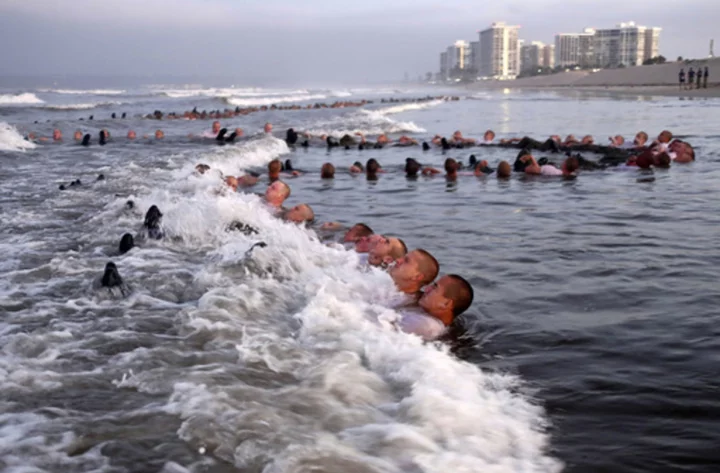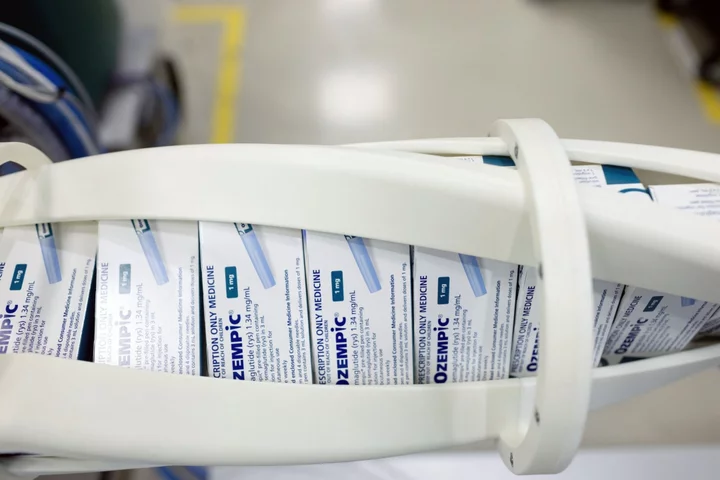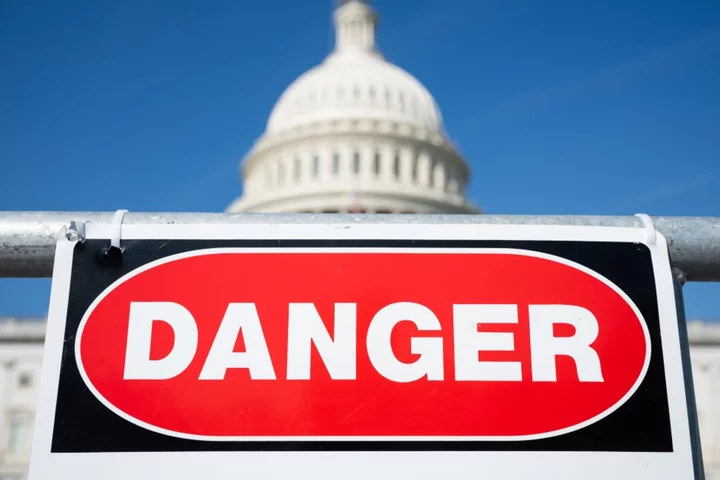WASHINGTON (AP) — The training program for Navy SEALs is plagued by widespread failures in medical care, poor oversight and the use of performance-enhancing drugs that have increased the risk of injury and death to those seeking to become elite commandos, according to an investigation triggered by the death of a sailor last year.
Medical oversight and care were “poorly organized, poorly integrated and poorly led and put candidates at significant risk,” the nearly 200-page report compiled by the Naval Education and Training Command concluded.
The highly critical report said flaws in the medical program “likely had the most direct impact on the health and well being” of the SEAL candidates and “specifically” on Kyle Mullen, the sailor who died. It said if the shortcomings had been addressed, his death may have been preventable.
The investigation also dug deep into the longstanding problem of sailors using steroids and similar banned drugs as they try to pass the SEAL qualification course. The report recommends far more robust testing for the drugs — a move the Navy and the military more broadly have been slow to make — and better education for service members in order to prevent their use.
Mullen collapsed and died of acute pneumonia just hours after completing the grueling Hell Week test last year. A report released in October by Naval Special Warfare Command concluded that Mullen, 24, from Manalapan, New Jersey, died “in the line of duty, not due to his own misconduct.”
It said there was no evidence of performance-enhancing drugs, but that he had an enlarged heart that contributed to his death. The report said, however, that he was not tested for some steroids because needed blood and urine samples were not available, and that multiple vials of drugs and syringes were later found in his car.
His death shined a light on the brutal test that pushes SEAL candidates to their limits. During the five-and-a-half day test, which involves basic underwater demolition and survival and other combat tactics, sailors are allowed to sleep just twice, for two-hour periods only. It tests physical, mental and psychological strength along with leadership skills, and is so grueling that at least 50% to 60% don’t finish it.
Navy leaders conducted multiple reviews and investigations in the wake of his death, and this latest report makes a lengthy series of recommendations for changes to medical care staffing and training and to drug testing.
Rear Adm. Keith Davids, who heads Naval Special Warfare Command, said the Navy will learn from the tragedy and was already taking steps to prevent it from happening again.
“Our effectiveness as the Navy’s maritime special operations force necessitates demanding, high-risk training," Davids said in a statement. “While rigorous and intensely demanding, our training must be conducted with an unwavering commitment to safety and methodical precision."
He said the command will "honor Seaman Mullen’s memory by ensuring that the legacy of our fallen teammate guides us towards the best training program possible for our future Navy SEALs.”
U.S. Rep. Chris Smith, R-N.J., said in a statement that the probe “exposed a culture that needs radical change, and the Navy has given every indication that they will implement serious changes to address the egregiously flawed command structure and failure after failure that led to Kyle’s death.”
Smith was briefed on the investigation Thursday along with Mullen’s mother, Regina, a registered nurse who has vowed to work to force changes to ensure this doesn’t happen to another family.
“Looking at the egregious failures that went on, there needs to be serious accountability,” she said. “The next stage of accountability is where I am focused.”
Already the command has taken steps to overhaul procedures, add medical staff and improve their training, particularly on heart and breathing problems commonly seen during Hell Week. Commanders are also doing more drug testing and heart screenings.
The latest report notes that special operations forces are routinely required to carry out high-risk military operations, and thus require demanding training. But it said SEAL instructors in recent years appeared to focus on weeding out candidates, rather than teaching or mentoring. Compounding that problem, the report said, is that candidates were often reluctant to seek medical care because it would be seen as weak and could get them removed from the course or delay their completion. According to the Navy, about 888 SEAL candidates are considered every year, and the goal is to graduate 175.
The “ability to continue training through discomfort and some degraded physical condition was seen as a positive trait by instructors and this was understood by candidates,” the report said.
As a result, candidates would push on and not tell medical staff or leaders about injuries, and there was pressure to use drugs to help keep them going.
The use of performance-enhancing drugs has been a persistent problem. Investigations in 2011, 2013 and 2018 into suspected steroid use by SEAL candidates led to discipline and requests for enhanced testing.
The use of hair follicle testing was denied at least twice by Navy leaders over that time. Random testing for steroids wasn't authorized by the Defense Department. The Navy has asked the department to do a study on testing and to allow random tests and sweeps for drugs, but those requests have not been approved by the Pentagon. In the wake of Mullen's death, however, the command began some additional testing.
The new report, however, suggests there may have been conflicting messages to candidates. In one case, it noted that during a discussion about the policy with Mullen's class, an instructor, who was not identified, told sailors that all types of people make it through the course, including "steroid monkeys and skinny strong guys. Don’t use PEDS, it’s cheating, and you don’t need them. And whatever you do, don’t get caught with them in your barracks room.”
The report said that after an “awkward silence” the instructor added, "that was a joke.” It said some candidates interpreted it as an implicit endorsement of using the drugs. Barracks are subject to routine inspections, which the report said were done about once a week during Mullen's class, and it noted several instances where the drugs were found or sailors admitted to their use.
According to the report, Mullen told his mother that he was thinking about buying some of the performance-enhancing drugs, “because he did not want to be at a disadvantage since many other candidates were taking PEDS.” It said his mother encouraged him not to. The report details that in addition to drugs in his car, his phone also had text messages discussing their use and attempts to buy them.
The report concluded that Mullen's death was not “unforeseeable,” noting that candidates had sought medical treatment for pneumonia 11 times in 2021 and early 2022, and there were 112 visits for other similar issues.
Three Navy officers received administrative “non-punitive” letters as a result of Mullen’s death. Navy Capt. Brian Drechsler, who was commander of the Naval Special Warfare Center, received a letter and was pulled out of the job this month. Capt. Brad Geary, commanding officer of Naval Special Warfare’s Basic Training Command, and an unnamed senior medical officer also got letters. The report never names the medical officer, but notes a number of concerns with his command.









